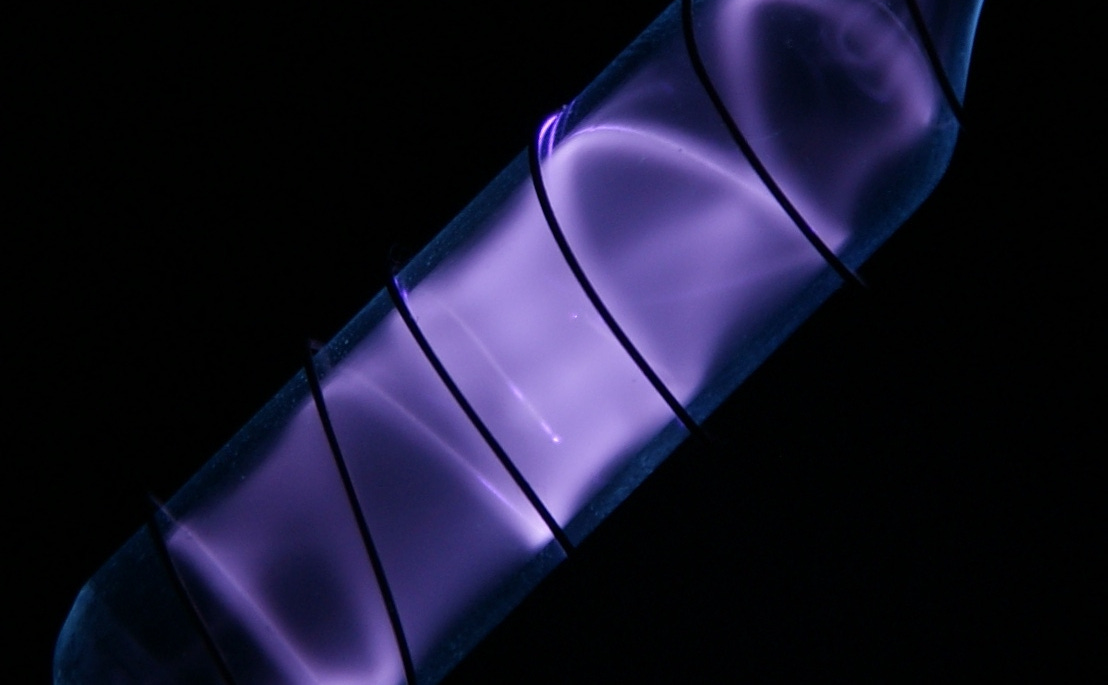Hydrogen Could Be Made a Viable Fuel
Hydrogen has the backing of major governments and companies for its potential as a carbon-free fuel. But viability is still locked behind several unsolved technical problems and logistical challenges.

Hydrogen is by far the most commonly-occurring element in the universe and is used in a number of industrial processes, most notably in the production of ammonia for fertilizer. With backing from automobile and energy companies, it has also attracted large-scale government subsidies in Japan, Europe, and the United States for its potential role as a zero-carbon fuel.1 In theory, hydrogen could be produced at scale via electrolyzers—machines that use electricity to split water into hydrogen and oxygen—powered by electricity drawn from the grid and then used as a fluid fuel in aviation, maritime shipping, industrial heat generation, and road transport. This would make hydrogen a plausible component of a hypothetical carbon-neutral economy where electricity is provided by solar, wind, geothermal, or nuclear power. With the current state of technical knowledge and infrastructure, using hydrogen is exceedingly expensive compared to oil, natural gas, or even batteries. But there appear to be several possible paths to making hydrogen a viable fuel by meeting various technical and logistical challenges, including by undertaking large-scale mining of naturally-occurring hydrogen deposits.

